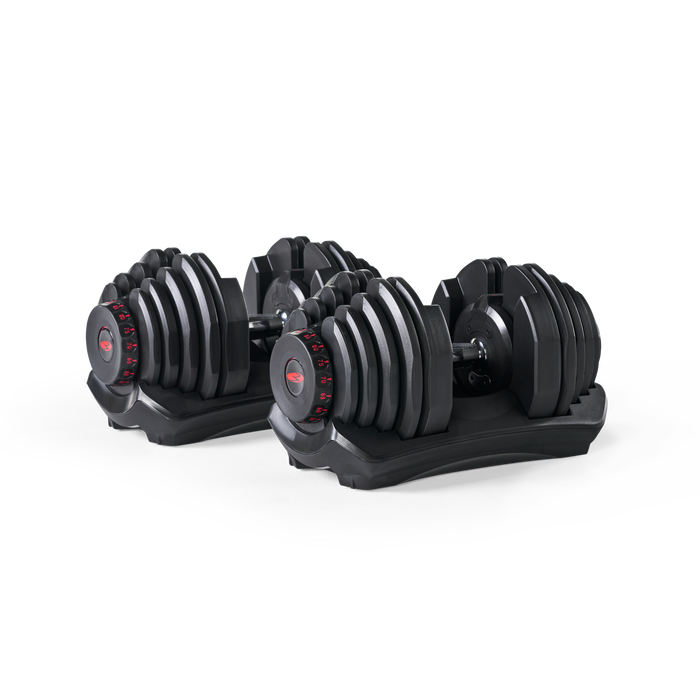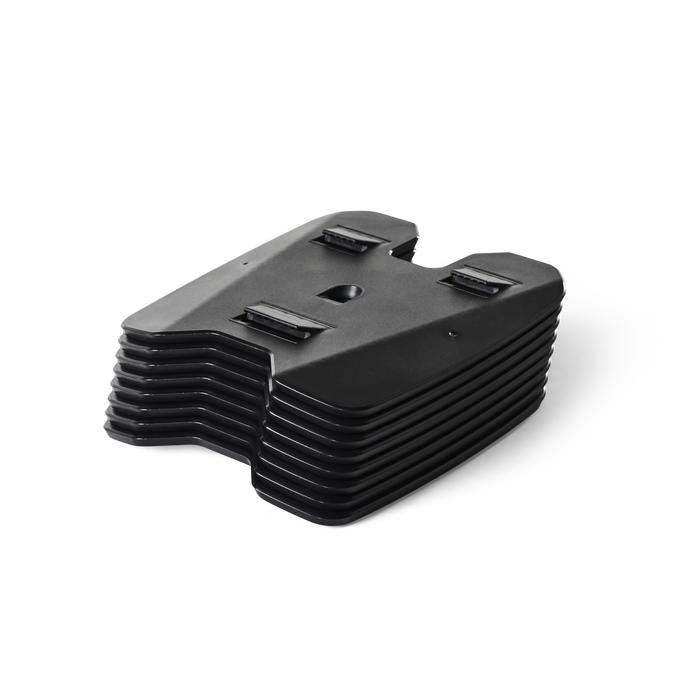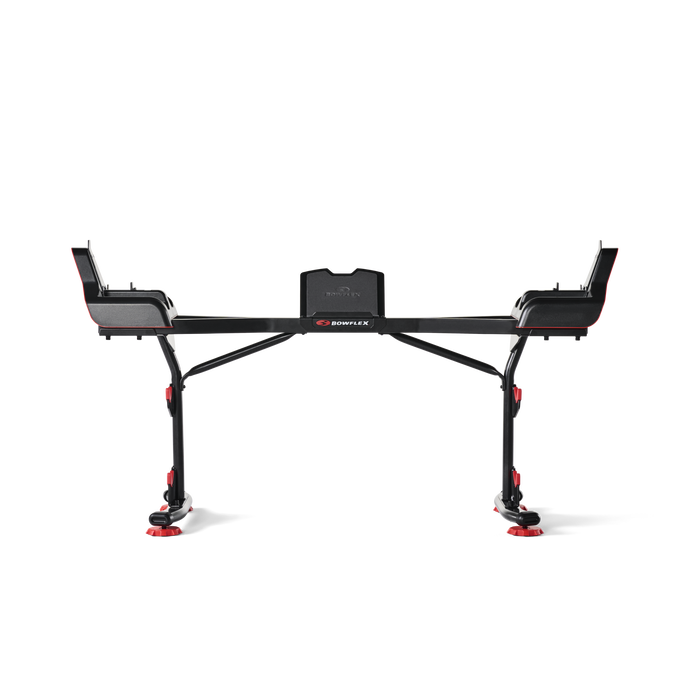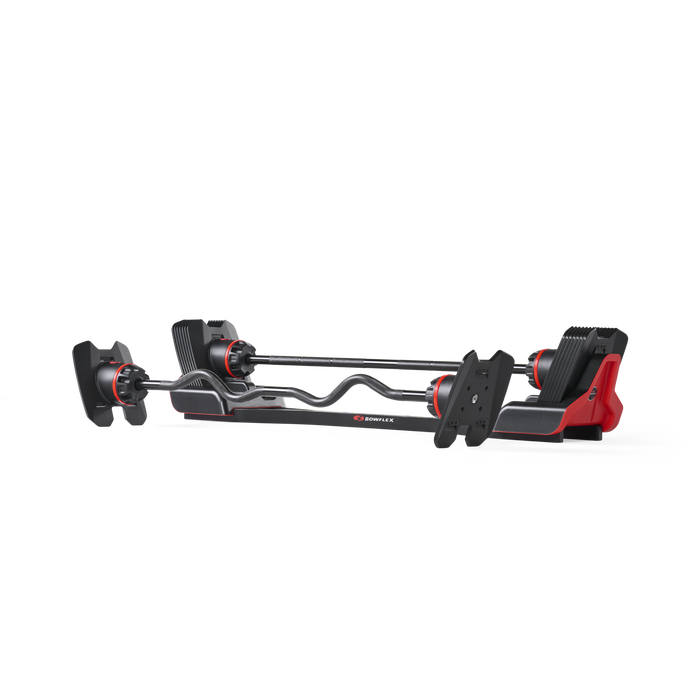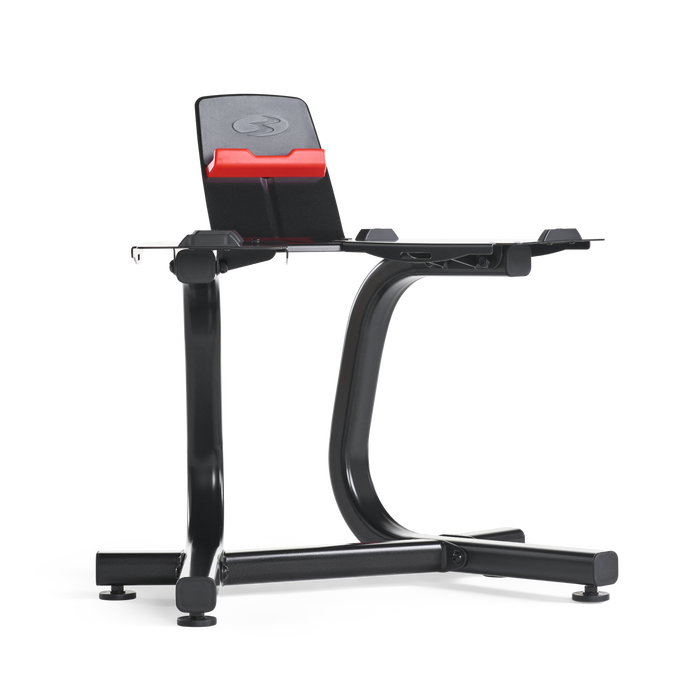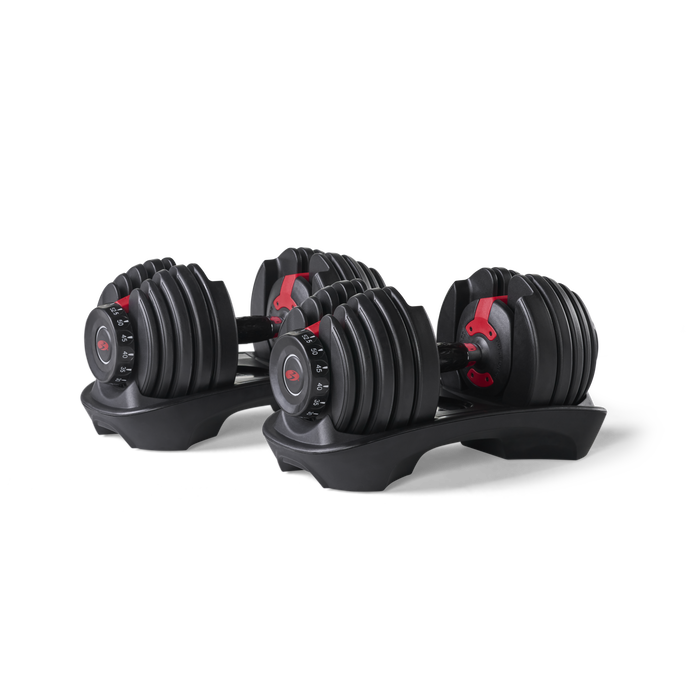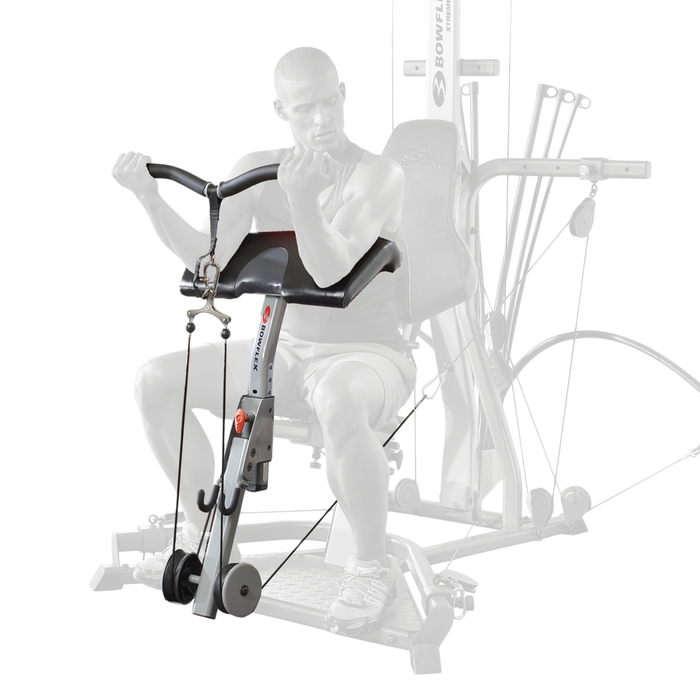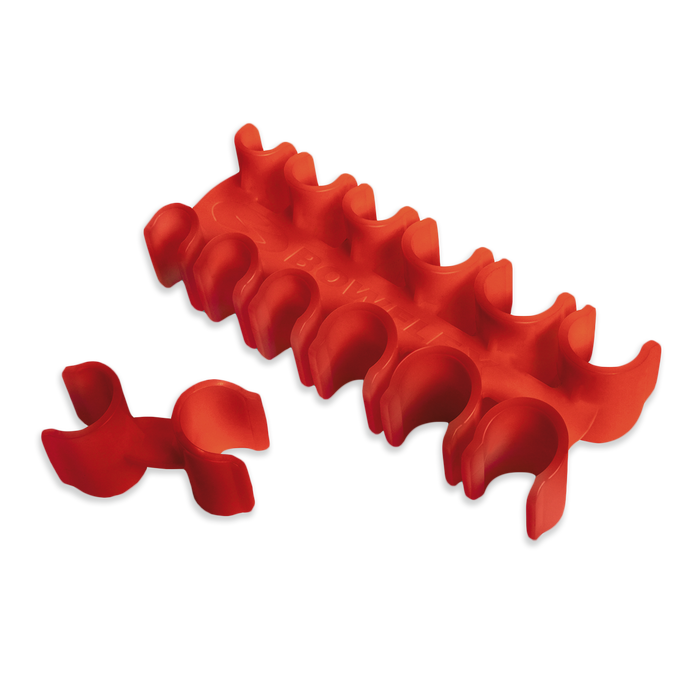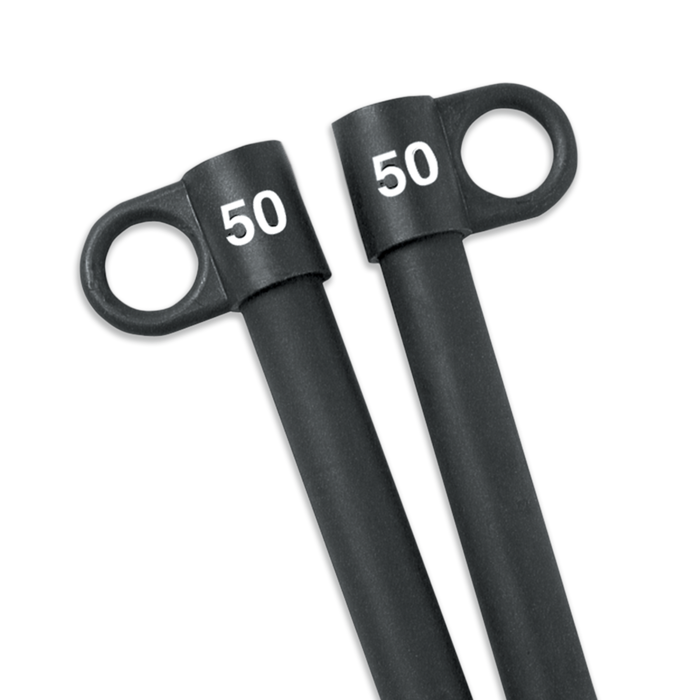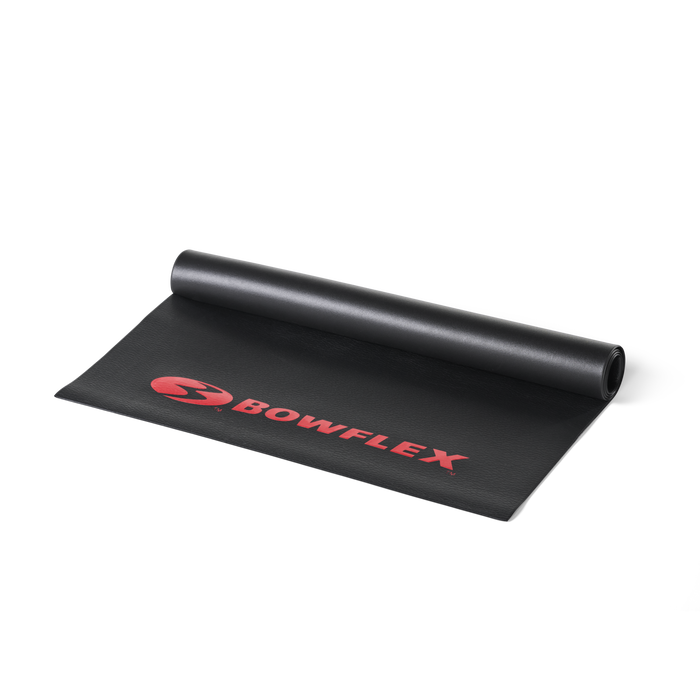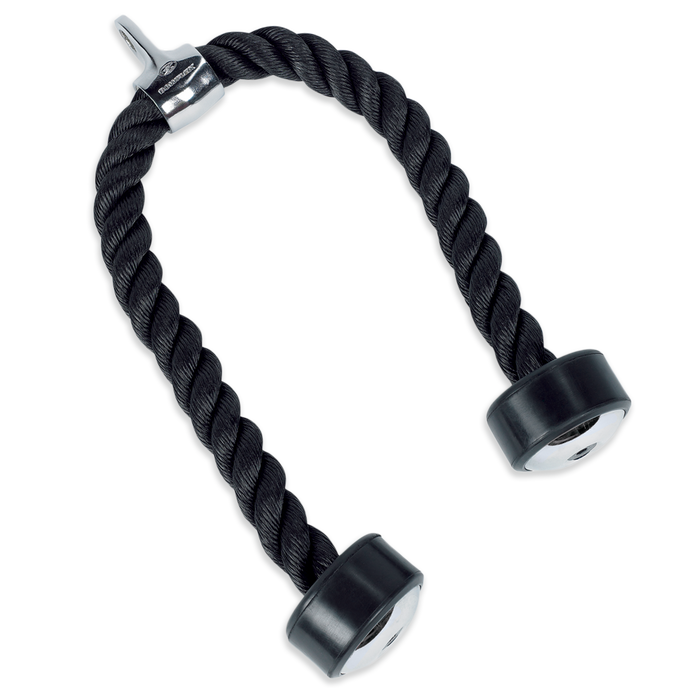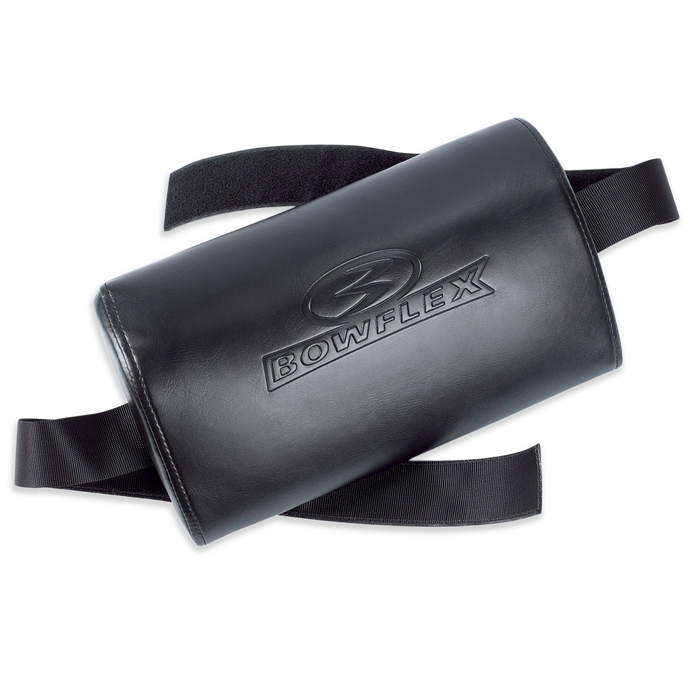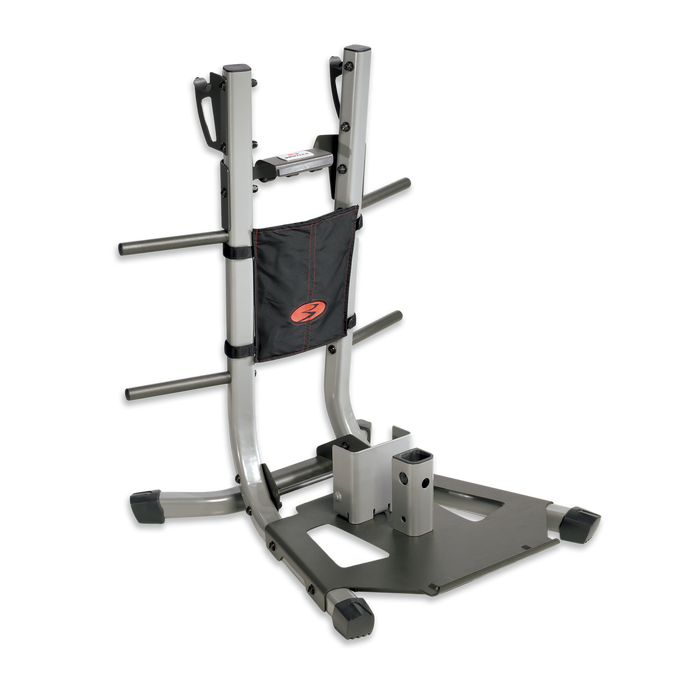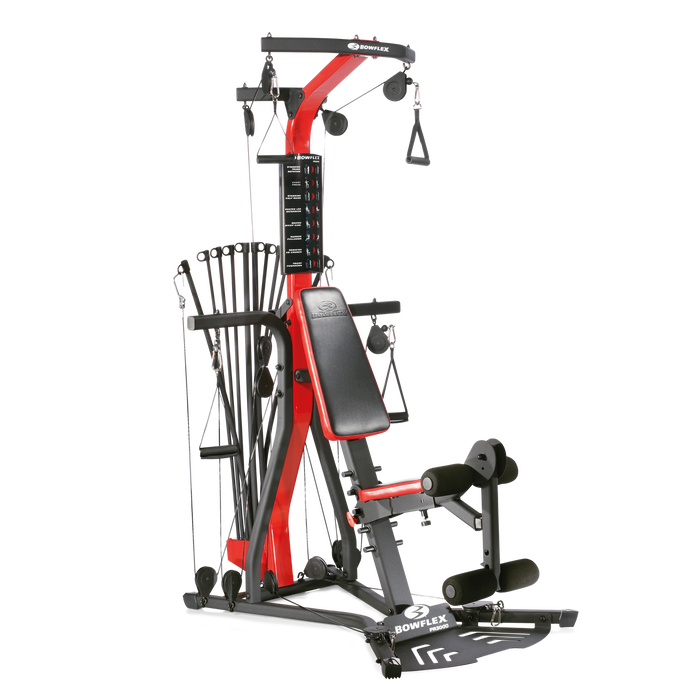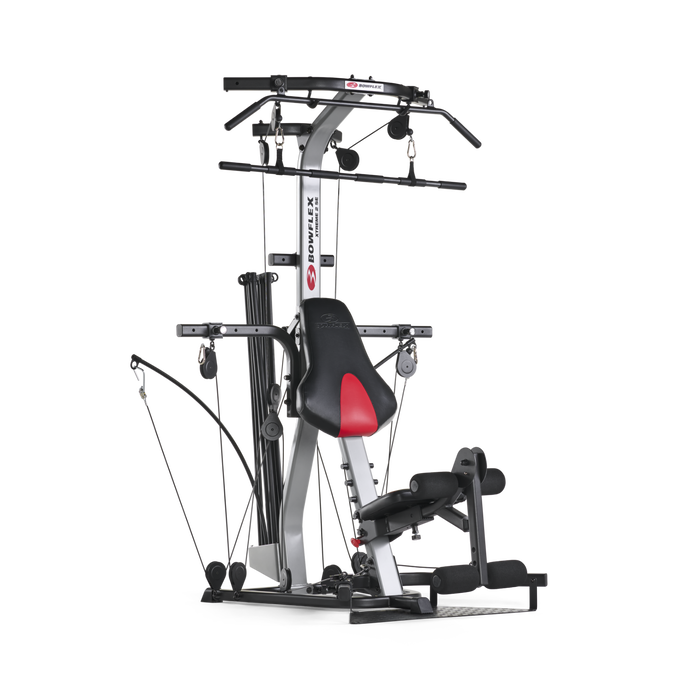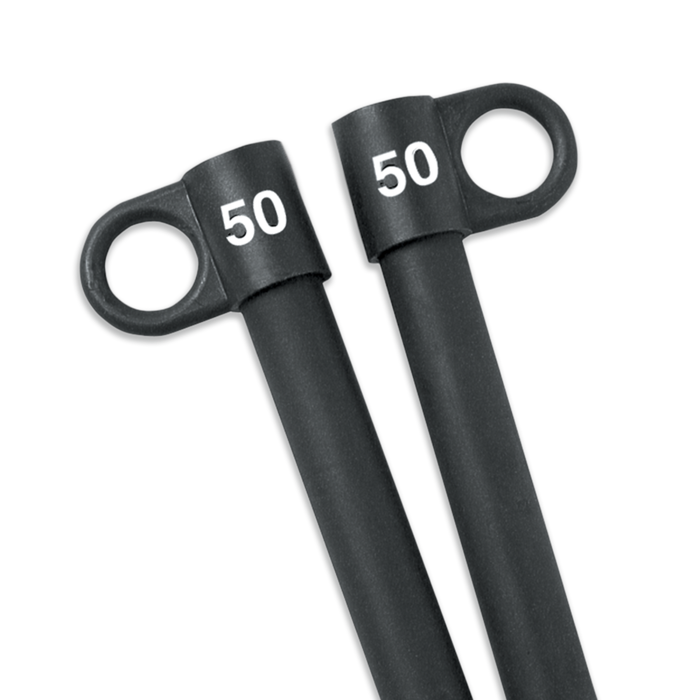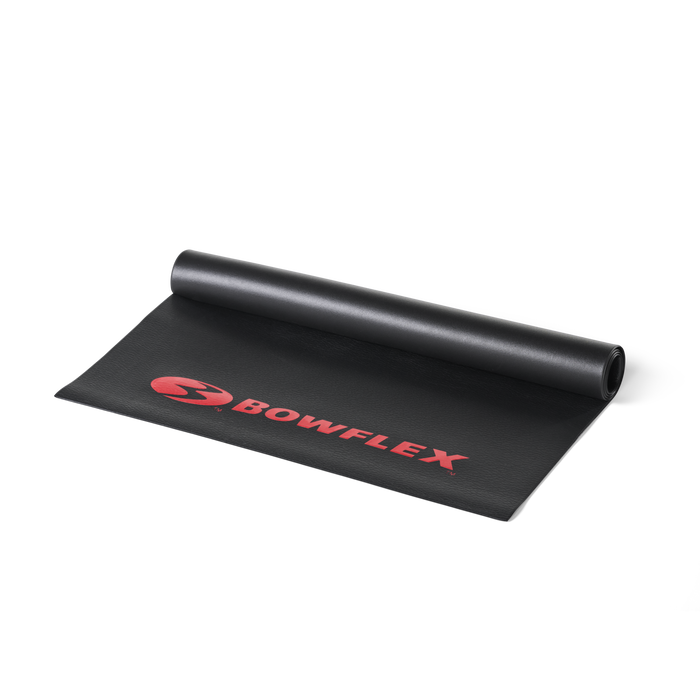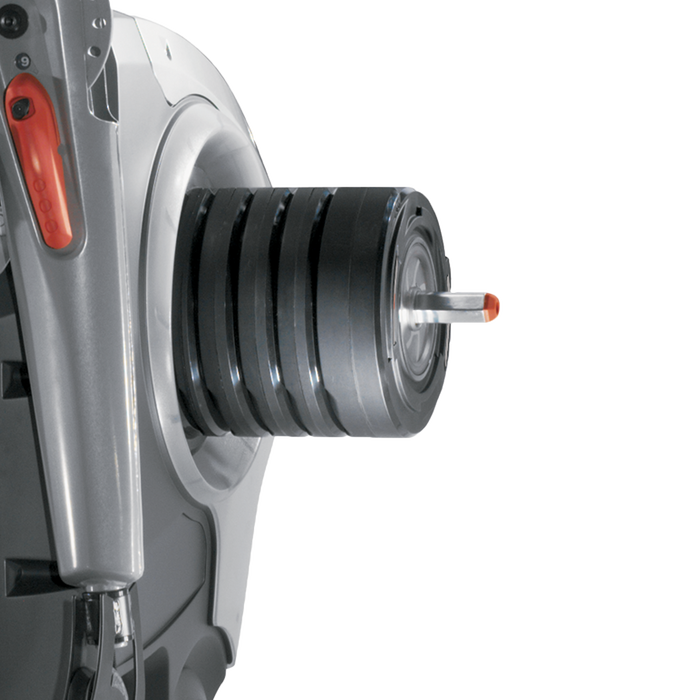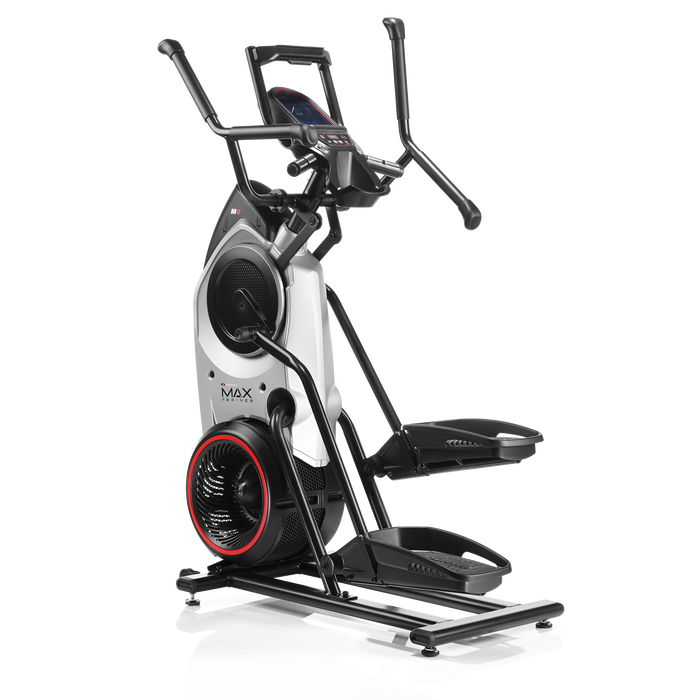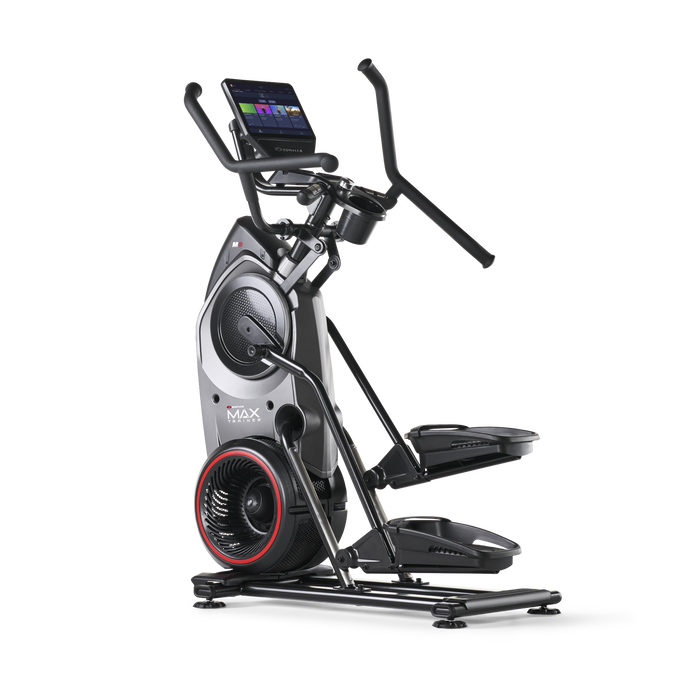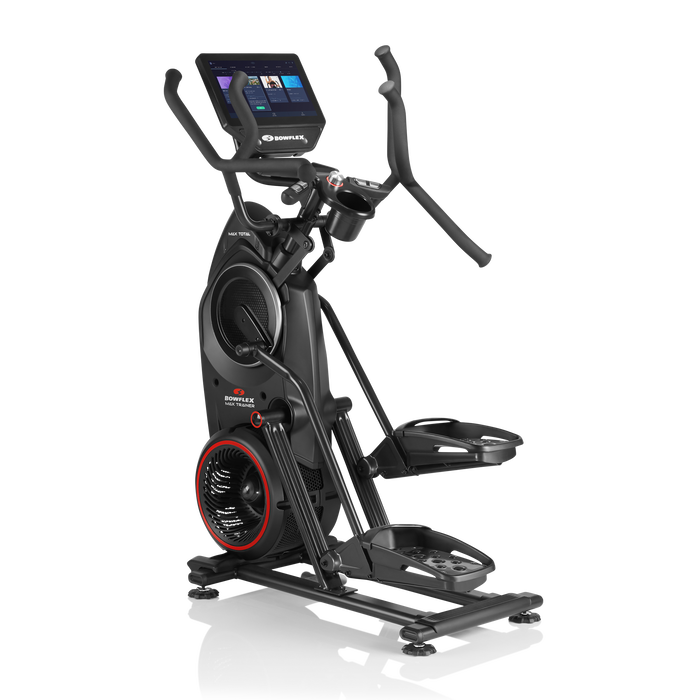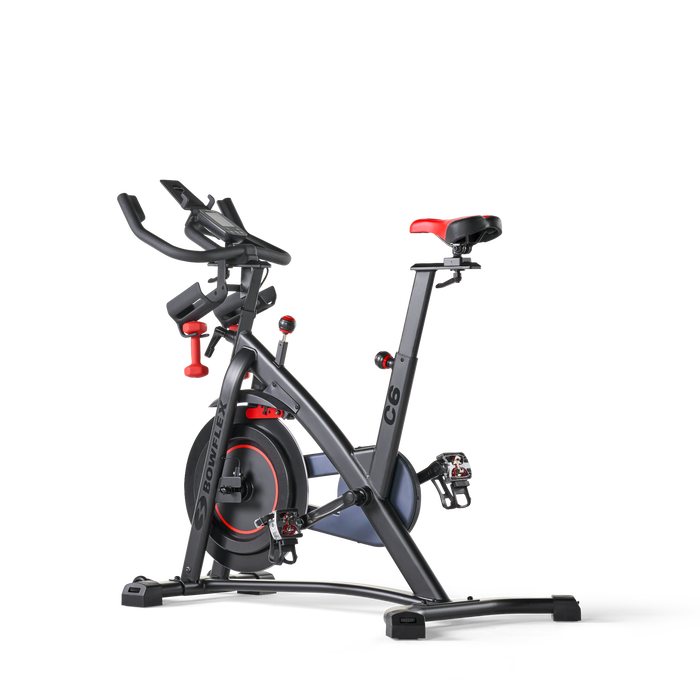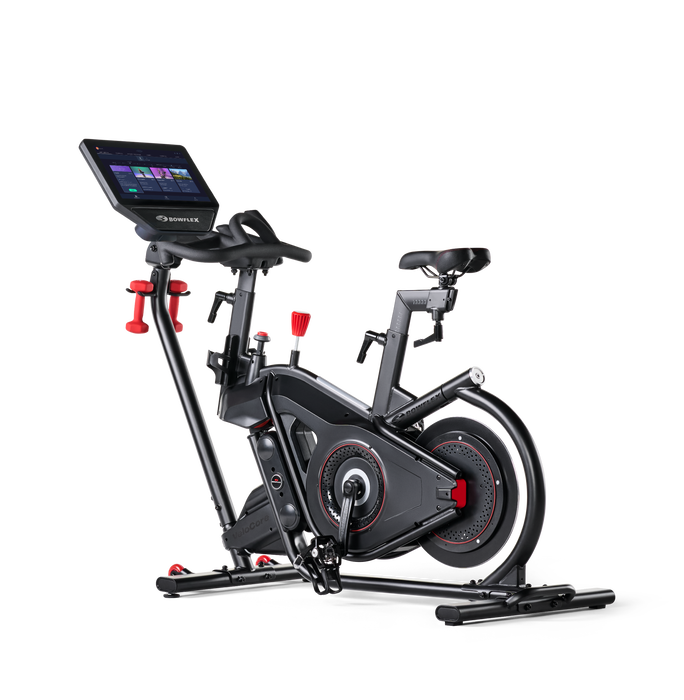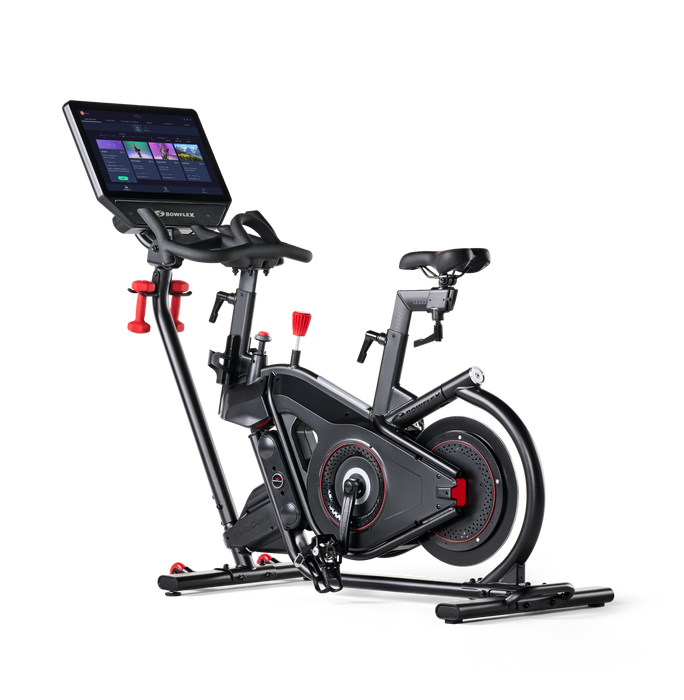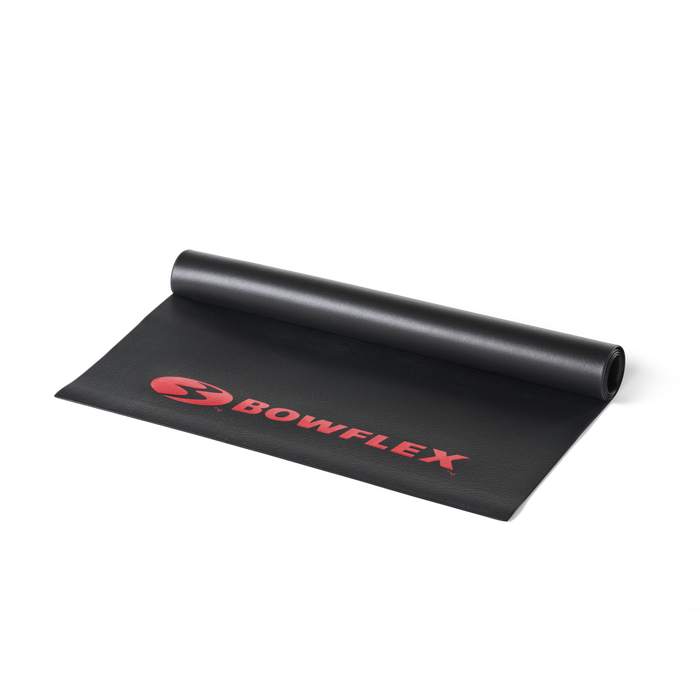All of the Protein, None of the Meat

I get the 'should I become a vegetarian or try out a meat-free diet?' question a lot. It can be challenging, but very possible, to get all of the nutrients your body needs without meat. Variety is essential, so a meat-free diet does not mean living on peanut butter and jelly, cheese pizza, and vegan hot dogs.
Even if you choose to eat meat, but want to include more plant-based foods in your eating plan, you will reap the benefits of eating more nutrient-packed vegetables, fruits, legumes, nuts, and whole grains.
Research shows that vegetarians have lower risks of lifestyle-associated diseases, such as certain types of cancer, specifically, colon cancer, heart disease, and diabetes, due to their higher intake of fiber, healthy fats, and anti-oxidant rich fruits, vegetables, and whole grains.
Preliminary research also shows an association between plant-based diets and lower risk of dementia and Alzheimer Disease. Additionally, some people just feel better without meat, or very small amounts of it, experiencing improved digestion and energy levels, as well as, decreased pain and asthmatic symptoms.
Being vegetarian doesn't automatically make you healthier than meat eaters though. It's easy to be a very unhealthy vegetarian relying on an unbalanced diet that is high in refined carbohydrates, high-fat dairy, and processed imitation meat rather than the optimal vegetarian diet composed of legumes, nuts and seeds, lots of vegetables, fruit, and true whole grains. Plenty of junk foods can fit the definition of vegetarian: mac 'n cheese, French fries, and even ice cream!
Protein is one of the most common nutrients that is more challenging to get adequate amounts of for vegetarians and vegans. Specifically, getting the full spectrum of amino acids (AAs).
There are a variety of good plant protein sources. However, getting complete proteins that contain all of the 20 amino acids your body needs is more challenging. There are two types of amino acids: essential and non-essential. Our bodies produce the eleven non-essential AAs, but we have to get the remaining nine essential AAs through our diet. Meat, chicken, and fish have all 20 amino acids.
Vegetarians must eat complementary proteins, which are two types of food that, when combined, contain all 20 amino acids. A few examples of complementary proteins are rice and beans, peanut butter and whole grain bread, or lentils and quinoa. Most legumes, when paired with grains, make a complete protein. Complementary proteins do not have to be eaten at the same meal, as previously thought, in order to reap the benefits of the AAs.
Soy is a complete protein, but like most things, there is a spectrum of quality. Tofu, tempeh, and edamame are the best sources of soy protein due to minimal processing and added ingredients. Most soy-based veggie burgers and other imitation meat products are no healthier than their real meat counterparts. Whether it has meat or not, the less processing and additives the better! Other good sources of vegetarian-friendly protein are:
- Legumes: any type of bean and lentils
- Nuts & nut butters
- Soy products: tofu, edamame, tempeh
- Seitan (wheat-protein)
- Protein powders: hemp and pea protein
- Whole grains, especially quinoa and freekah
By including at least one of the above protein-rich foods at each meal, you'll fuel your body with the protein it needs and get the added benefit of increasing fiber, healthy fats, and phytonutrients.
